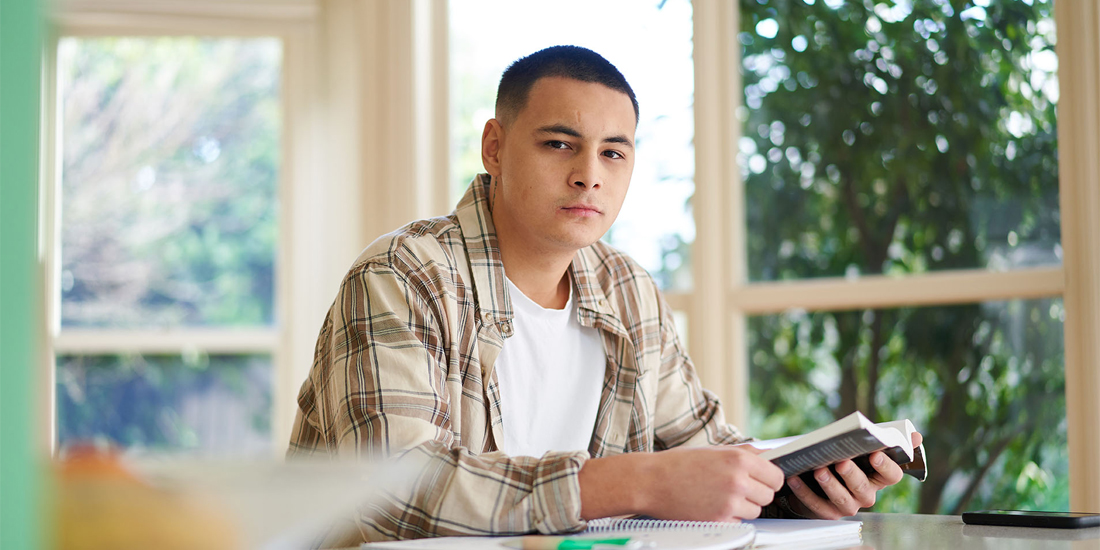
Orygen welcomes the $59.7 million mental health support package announced today by the Victorian Government, which includes measures that will make it easier for young Victorians to access mental health supports while adhering to the physical distancing requirements brought about by the COVID-19 outbreak.
The government’s package includes measures that flow from the interim report of the Royal Commission into Victoria’s mental health system as well as new measures that are a direct response to the impact of COVID-19 on young people’s mental health.
These include $6 million for Orygen to scale up its evidence-based digital mental health platform and additional funding to deliver 15 youth mental health ‘beds’ across north-west Melbourne via Hospital in the Home.
Orygen’s executive director Professor Patrick McGorry said COVID-19 had expedited the need for innovative strategies that adapt and extend mental health care.
“This Victorian Government’s investment reflects Orygen’s long-standing role in creating, testing and scaling up evidence-based mental health interventions,” Professor McGorry said.
“In the current context of the physical distancing requirements driven by the COVID-19 pandemic, there has been a major refocus on the potential for the digital delivery of mental health care,” Professor McGorry said. “The Moderated Online Social Therapy (MOST) platform developed by Professor Mario Alvarez’s team at Orygen is unique in that it delivers a range of advanced online treatment options that are customisable to the needs of individual young people fully integrated with the face to face clinical care a young person is receiving. The third winning element is the social network aspect which connects substantial numbers of young people facing the same challenges and enables them to support each other while accessing support from peer and professional moderators.”
The MOST platform has undergone 10 years of research and development, and supports young people at all stages of their treatment. Help-seeking, face-to-face therapy and relapse prevention are all blended with online support, which is backed up by clinician and young person moderation.
The government’s funding will support the rapid roll-out of the MOST platform across state-funded child and adolescent youth mental health services and all Victorian headspace centres.
As part of its funding package the government also announced more than 100 new mental health beds for north-west Melbourne and Geelong. Fifteen of these beds are youth Hospital in the Home (HiTH) beds for young people aged 12-25, which Orygen will be responsible for implementing in partnership with Melbourne Health. There is currently no HiTH for youth mental health currently operating in Victoria.
Professor McGorry said the HiTH beds would give young people immediate access to acute hospital services in the least restrictive environment possible.
Hospital in the Home revives and reinvents the home based acute treatment pioneered in Victoria in the 1990s which in recent years has been diluted or disappeared. HitH has been successfully implemented across Victoria for some physical health conditions, but is actually extremely well suited for mental illness. It has been successfully implemented in Western Australia for young people with mental health disorders for the past four years. It provides care in the patient’s home or usual place of residence that would otherwise need to be delivered within a hospital to an admitted patient, in mental health care it would replace what would usually be an inpatient admission to an authorised mental health unit.
“We believe youth Hospital in the Home represents a long sought-after opportunity to provide more comprehensive care in a way that is uniquely suited to these challenging times for young people and their families.,” Professor McGorry said. “It also adds much-needed capacity to the state-funded youth mental health services in the north and west of Melbourne.”
Professor McGorry said today’s funding announcement would start to drive the necessary transformation that had been identified in the Royal Commission’s interim report but that had also become imperative as the acute mental health impacts brought about by COVID-19 started to emerge.